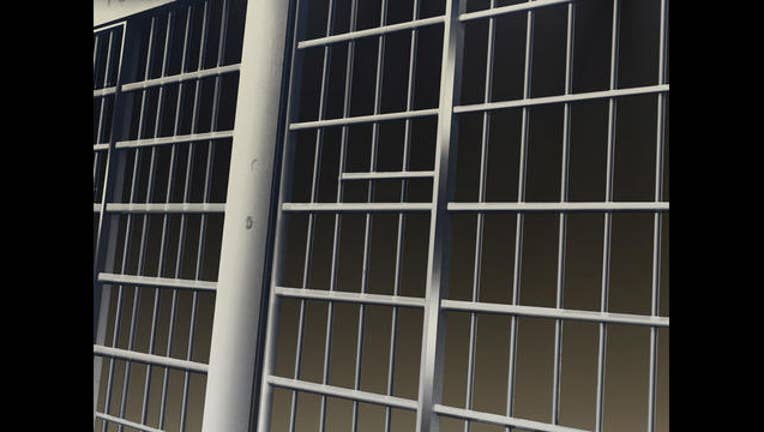Santa Clara Co. supervisors further proposal to divert mentally ill from jail

SAN JOSE, Calif. (BCN) - The Santa Clara County Board of Supervisors approved a subcommittee's recommendations intended to decrease the number of people with mental illness going to jail.
In a unanimous vote, the board approved recommendations from the Jail Diversion and Behavioral Health Subcommittee of the Reentry Network that met bimonthly between March and June.
The subcommittee, chaired by Supervisor Cindy Chavez and Santa Clara County Superior Court Judge Stephen Manley, was requested by the Blue Ribbon Commission on Improving Custody Operations formed after the death last year of Michael Tyree, a mentally ill inmate allegedly beaten to death by three correctional deputies.
Moving forward, it will be important to look at critical needs when prioritizing mental health services, Chavez said.
Momentum for Mental Health CEO David Mineta was one of many public speakers who emphasized the importance of the subcommittee's report.
Tyree's death led to much of the work being done to improve the custody facilities, Mineta said.
Tyree was scheduled to receive treatment with the San Jose-based nonprofit days before his death, according to Mineta.
"(Michael) puts a face and in some ways a voice in what we're talking about," Mineta said.
Under a motion by Chavez, county staff will return to the board at its next meeting on Sept. 13 to provide specific strategies on implementing the recommendations in addition to quarterly reports.
Before the board's first December meeting, county staff will have to provide a report with the status of the crisis of transitioning those with behavioral health issues to residential spaces, according to Chavez's motion.
The recommendations address mental health screening, behavioral treatment programs, housing services, supervision models and data evaluation,
County Executive Jeff Smith said.
Money has already been set aside to implement a recommendation to change the layout of the jail booking area that allows for more privacy and stops inmates from getting handcuffed to equipment and chairs, Smith said.
Another recommendation from the subcommittee was to speed up the process for permanent supportive housing to care for 250 clients, but county staff suggested starting off with 90 clients and increasing the number as more resources become available, Smith said.
One of the most significant proposals from the subcommittee was the creation of a state-of-the art behavioral health urgent care center similar to ones in Bexar County in Texas that are available on a 24/7 basis, Smith said.
People would be picked up by law enforcement and dropped off at the centers where they could receive mental and medical assistance depending on their need, according to Smith.
The first center would be in San Jose central to the county and plans to add two others in the northern and southern portions of the county,
Smith said.
Manley, who hears drug cases at the Family Justice Center in downtown San Jose, sees mentally ill offenders who have already served their sentences, but stay in jail because there are no open spots to receive mental health services.
"This is like another sentence on top of what they have served," Manley said.
The judge urged the board to speed up its efforts to help mentally ill offenders by implementing the recommendations earlier than proposed.
"It is a human and civil rights tragedy if changes aren't made quickly," Manley said.
Supervisor Joe Simitian also called for the subcommittee's recommendations to be included in the Finance and Government Operations Committee's review of 643 recommendations on custody policies and procedures.

